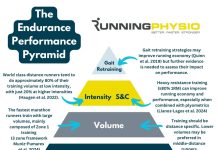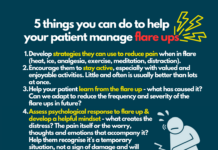Our articles are not designed to replace medical advice. If you have an injury we recommend seeing a qualified health professional. To book an appointment with Tom Goom (AKA ‘The Running Physio’) visit our clinic page. We offer both in-person assessments and online consultations.
Running gives people so much. It’s not just fitness and pleasure, it has huge mental health benefits and forms a large part of many people’s social lives. For me it’s the freedom I love, especially on the South Downs near where I live.

When someone is told to permanently stop running it’s a big deal. I think it should be the very last resort when everything has been tried but often it’s the first suggestion. As I was pondering this topic an example popped up on social media:
“After MRI I’m told there is moderate arthritis and cartilage damage and a slight meniscus tear. Consultant advised non-operative care and if it worsens partial knee replacement. Oh and stop running!!!! Any suggestions which don’t involve stopping?”
Stories like this from runners are far too common so I wanted to explore when it is actually necessary to stop running for good and how we might approach the example above in clinic. I discuss this and much more in the video below including a systematic approach to return to running, risk factors to consider and an amazing world record holder who could have given up altogether…
Most people can succesfully return to running with the right treatment. Visit clinicaledge.co/running to learn how we guided a runner back to complete a marathon after not running for 2 years in our free video series









